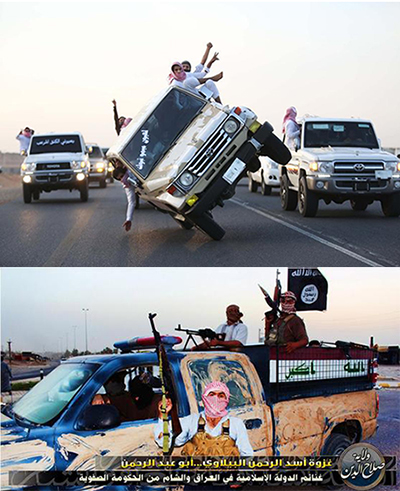
“It was the best of times, it was the worst of times, it was the age of wisdom, it was the age of foolishness, it was the epoch of belief, it was the epoch of incredulity, it was the season of Light, it was the season of Darkness, it was the spring of hope, it was the winter of despair, we had everything before us, we had nothing before us, we were all going direct to Heaven, we were all going direct the other way – in short, the period was so far like the present period, that some of its noisiest authorities insisted on its being received, for good or for evil, in the superlative degree of comparison only.”
So begins the classic Dickens novel, A Tale of Two Cities, written over a century and a half ago. The two cities in question were revolutionary Paris and Dickens’ own squalor-laden London. As fiction it was an unpacking of black-and-white, good and evil, wealth and poverty, kindness and cruelty. But as Dickens wryly noted from the start, such a period of stark contrast “was so far like the present” that it cried out for comparison. When I came across the two images juxtaposed above, the title of Dickens’ novel raced into my mind. What can one say about these two images, the iconic “American” image of the pick-up in the current political maelstrom that plagues the Middle East. What is this tale of two trucks?
So what do we see in both these images? Young men out for a thrill, one group actively seeking to kill. The top image reflects the top of the economic ladder, these young men of the UAE in a country that boasts a GDP (in 2012) of 383.80 billion dollars, representing .62% of the world’s economy. The rock-hard bottom is apparent in the bottom image of ISIS fighters. As for ISIS between Syria and Iraq, the GDP for Syria in 2012 was 73.67 billion dollars, while war-torn Iraq is elevated to 223 billion in 2013. God bless the hands that pump the oil. What would the region be without its black baraka?
The truck is a utility vehicle, one capable of carrying things, not the thing you drive to the Ritz for valet parking. But here there is a different strategy for utilizing the space. If you have plenty of money and are bored, why not pile in your friends and do wheelies? (I view this as a rhetorical question.) If you are rather gullible about pragmatic politics and are unemployed, why not join the jihad and video a few beheadings? (Rhetoric, of course, again.) So what drives these two driving acts for very different reasons? It is hard to fall back on religion as the culprit, since in both cases Islam is in the background.
One hardly needs to have read Das Kapital, even in Persian, to realize that wealth is the prime mover of our neoliberalized and fetishized global Frankenstein. You don’t need a machine gun mounted on the back of your pick-up to go to a Dubai mall for a Gucci bag or to the Emirati ski slope. You can add all the guns you want without impunity in much of post-Arab-Spring Syria and Iraq, especially in the latter wasteland since the United States military left plenty of weaponry around to be second-handed for terrorism. Wealth, as we know, is not evil in itself. A robber baron like Andrew Carnegie no doubt roasts in hell, but philanthrope Wordsmith Bill Gates will be welcomed at the Pearly Gates. Poor people do not always rise up against their oppressors, as history all too sadly attests. And rich people sometimes give up their wealth when they recognize a common humanity for us all. This is why St. Francis is a saint.
So how can this tale end? What should be the moral? The French revolutionaries chopped off the head of Louis XIV on January 21, 1793, when the UAE was about three decades away from entering the British colonial protection racket and Syria was under Selim III’s Ottoman suzerainty. ISIS has resurrected this penchant for chopping off heads, but not for the political leaders who they say are corrupt, simply innocent foreign victims who can create viral Youtube videos. Yet all youth in the Middle East these days, I suspect, now live and die by social media. The Emirati youth seem content with the digital bloodshed in World of Warcraft or any of the many car racing and crashing games. The convert trek to Syria is the video game turned into a reality show, with real blood shots to twitter to your comrades. In a way it is not surprising; driving that truck and blasting away is the new opium of the consumerized disaffected. Samsung has replaced the Afghan poppy and everyday we will see now lows for those who are high on truckin’. Ah, what a trucked-up world we live in. Therein lies a tale still to be told.